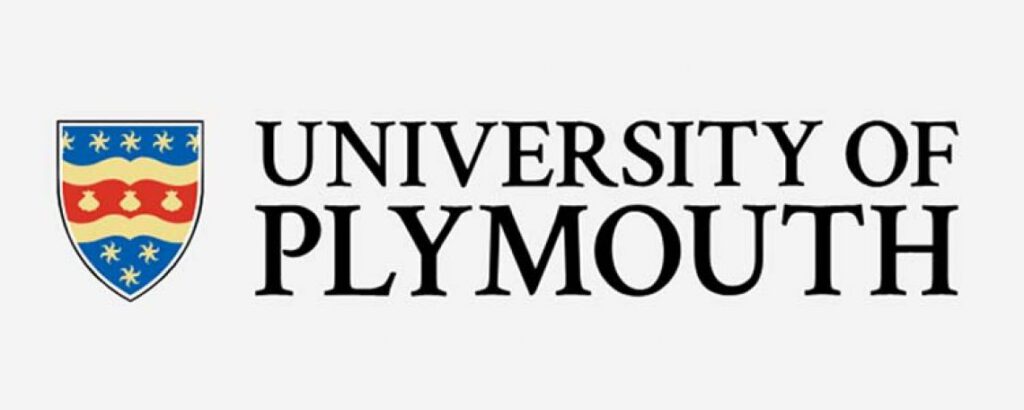Research aims to enhance negotiating capacity in the wake of Brexit

The project also involves Dr Patrick Holden, Reader in International Relations and Development; Dr Zoë James, Associate Professor of Criminology and Criminal Justice Studies; and Dr Oliver Smith, Reader in Criminology.
They say the preparedness of key stakeholders to forge new relationships and rebuild those damaged as a result of the political uncertainty has to date received little attention.
The researchers have begun to conduct short interviews with representatives of public, private and third-sector organisations to explore the potential impact of Brexit and identify the interests of different groups.
A series of roundtable meetings dedicated to specific sectors have been scheduled for late April and early May to allow businesses, local government, trade unions and third sector community groups to share their views and explore common issues. These will be followed by training workshops which will focus on core skills including negotiation, persuasion, communication and conflict resolution.
The ultimate aim is to enhance the core skills and confidence among stakeholders, but also to create a model for building negotiating capacity that can be easily transferred to other parts of the region.
Professor Saundry adds:
“The Brexit vote and the triggering of Article 50 have created a fluid and politically intense environment in which operational decisions act as political signals of attitudes to Brexit and its potential impact. It has also increased societal tensions – including an increase in hate crime – which poses challenges for political and community leaders. This project, firmly rooted in localities and communities that have clearly been ‘left behind’ in terms of prosperity and economic development, aims to ensure individuals, groups and institutions have equal opportunity to negotiate their place in the post-Brexit landscape.”











Responses